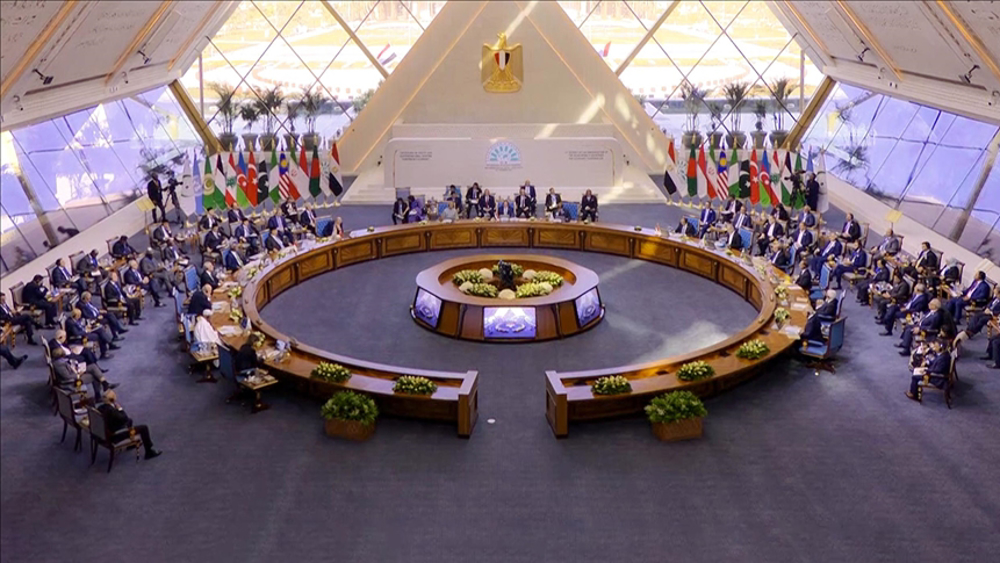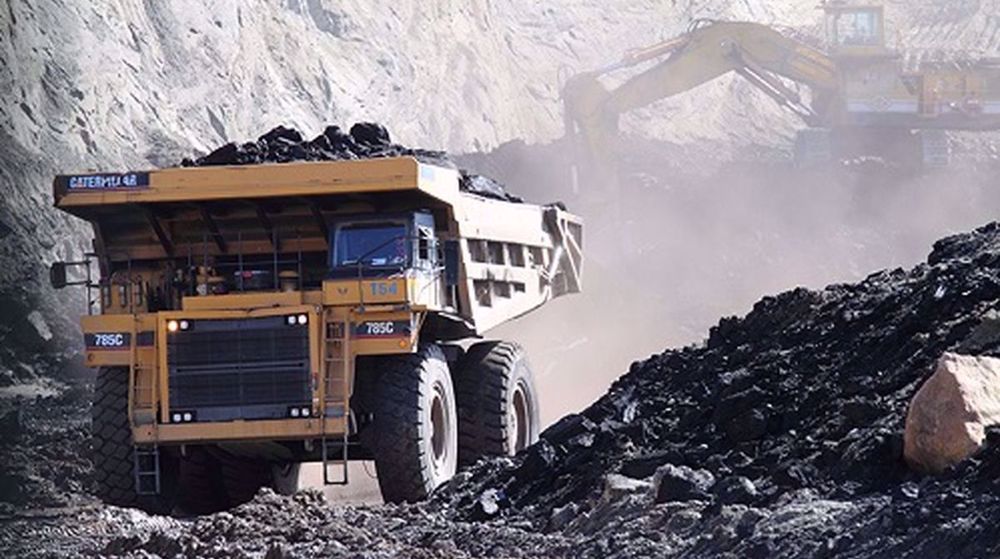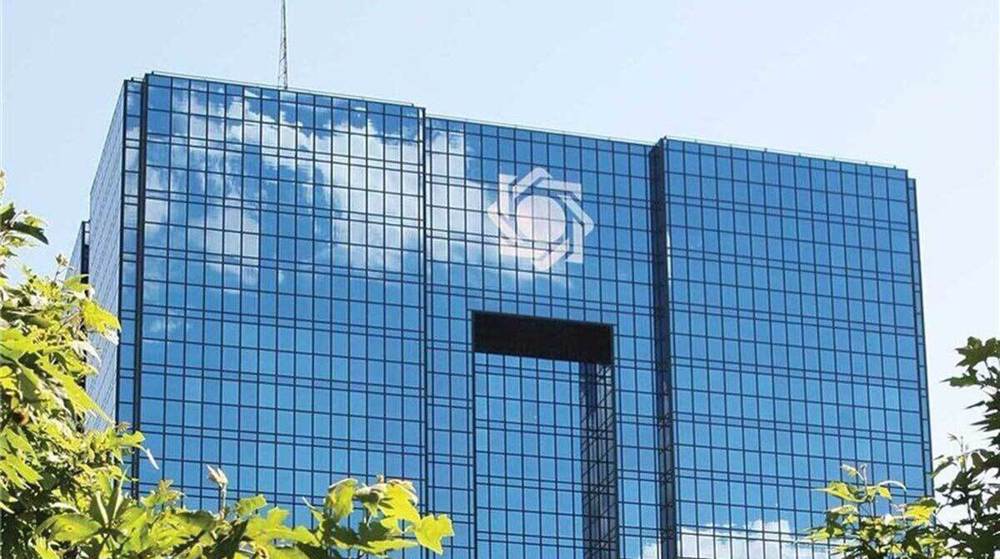Saudi company accused of dumping in Iran
Iranian producers of cooking oil are accusing a Saudi holding with a controlling stake in a company in Iran of dumping, the Fars news agency reported on Friday.
Saudi Arabia's largest food producer Savola is already under scrutiny for owning 80% of shares in Iran’s Behshahr Industrial Company which accounts for 40% of the country’s edible oil market.
Savola is accused of flooding the market with its products in anticipation of expanding the company's clout.
“This cheap selling, however, does not benefit the customers and the discount goes to wholesalers in order to entice them into cutting supplies from other cooking oil producers,” Fars quoted a letter by a number of producers as saying.
According to the letter, several Iranian producers are facing a pile-up in unsold inventory, while many others have to sell their products at unfairly low prices to avoid insolvency.
“Continued dumping by a specific company will gradually force other competitors out of business, after which the flooding will stop and the prices of supplies to the wholesalers will return to real levels,” the letter said.
According to Fars, there are currently 46 edible oil production plants in Iran, which are facing a turbulent market.
Savola acquired a holding of 49% in Iran’s Behshahr Industrial Company in 2004 before raising the stake to 80%.

The Saudi group, which also operates in Egypt, Algeria, Sudan, Turkey, Morocco, Jordan and Kazakhstan, generates more than 15% of its revenues from business in Iran.
Rebranded as Savola Behshahr, the firm's revenues from Iran increased by almost a third to $1.17 billion in 2012 -- about 42% of its global edible oil sales.
Several Iranian lawmakers have called for government and judiciary intervention to address the Saudi holding’s alleged monopoly on the cooking oil market in Iran.
One MP has said putting the market for a basic staple at the mercy of a foreigner is a security issue which has to be seriously tackled.
The Saudi government is reportedly the second-largest single shareholder in Savola through a 10% stake held by a social-insurance board.
Iranian lawmakers have warned of risks involved in the Saudi company’s business given a recent deterioration of diplomatic relations between the two countries.
D-8’s role in Iran’s economy after Cairo summit
China slams US as ‘war-addicted’ threat to global security
China ‘firmly opposes’ US military aid to Taiwan
VIDEO | Press TV's News Headlines
President Yoon Suk Yeol to be removed from office
At least 19 Gazans killed by Israeli airstrikes since dawn: Medics
Leader: Iran neither has nor needs proxy forces
US fighter aircraft shot down ‘in friendly fire’ amid aggression on Yemen










 This makes it easy to access the Press TV website
This makes it easy to access the Press TV website